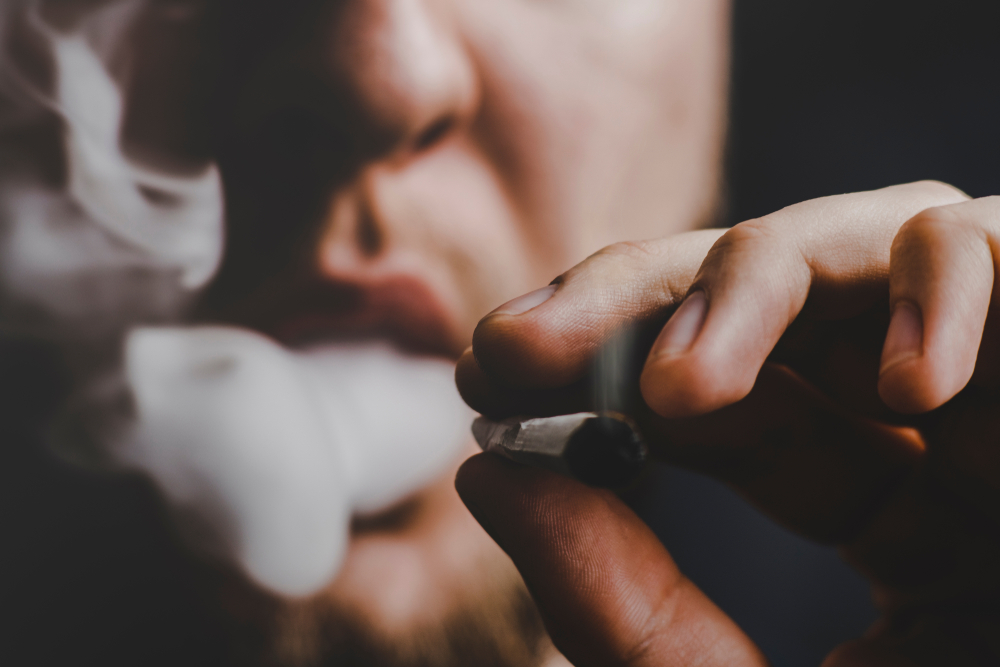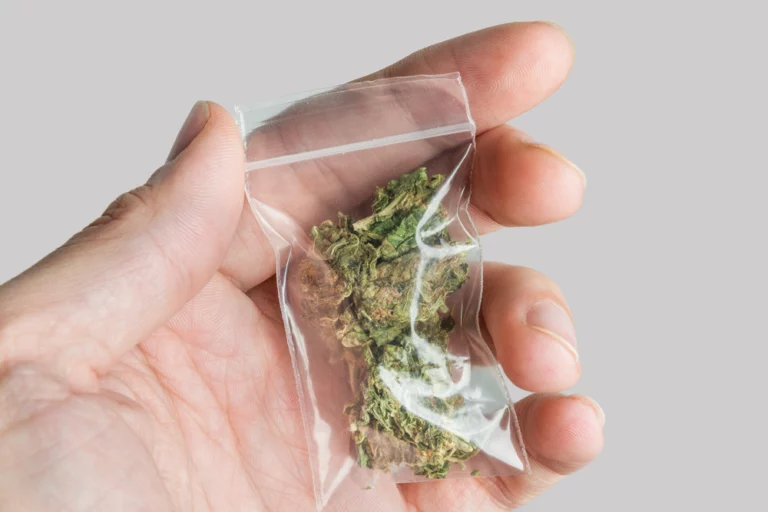How Long Does Weed Stay in Your System?
Have you found yourself asking “how long does weed stay in your system?” Have you used it or been around it? Marijuana, also referred to as cannabis, “pot”, or “weed”,” is the most heavily consumed drug in the world. THC is the main chemical in marijuana. Even though the effects of THC reside shortly after consuming marijuana, THC can stay in the body for days.
While marijuana is largely accepted as not being dangerous, dependence and addiction can develop when using this drug. Continue reading to learn more about how long marijuana stays in the system, various drug tests that can detect its presence, and how the professionals at Durable Recovery can help if you or a loved one has developed an addiction to this drug
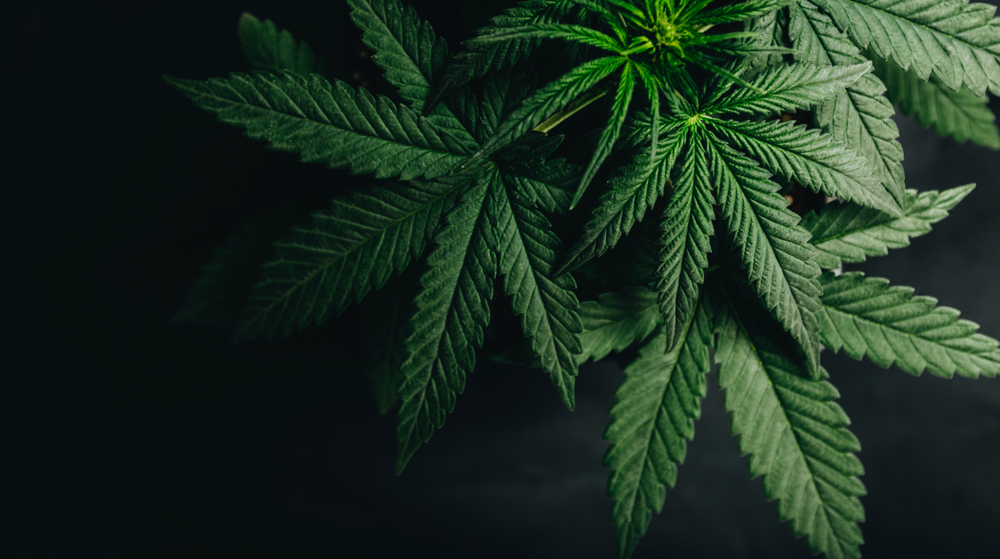
What is Marijuana?
The Indian hemp plant produces the drug known as marijuana. Marijuana includes dried-out hemp plant leaves, stems, flowers, and seeds when it is sold. It is usually green, gray, or brown in color. Hashish is a tan, brown, or black pressed resin that has been dried and formed into bars, sticks, or balls. When smoked, both marijuana and hashish produce a sweet, distinctive scent. THC (tetrahydrocannabinol) is one of 400 chemicals in marijuana and hashish. THC produces the mind-altering effects that categorize marijuana as a ‘drug’. Marijuana can be smoked or ingested orally.
Side Effects of Marijuana Use
When marijuana is smoked, THC rapidly enters the blood and binds to cannabinoid receptors, producing a “high” for users. These receptors are located in regions of the brain that control concentration, thinking, sensory and time perception, pleasure, memory, and coordination. Side effects include:
- Disorientation
- Cognitive impairment
- Altered time and space perception
- Memory impairment
- Decreased motor functioning
- Slowed movements
- Fatigue
- Hunger
How Long do the Effects of Marijuana Last?
The amount of time for which marijuana or ‘the high’ lasts depends on how much you consume and the way in which you consume it. After smoking the drug, the side effects are typically at their strongest in ten minutes to half an hour, but if you smoke a lot, the effects may last for a couple of hours. If you eat marijuana, the effects may last for two to four hours before wearing off.
Detoxing After Marijuana Use
During a weed detox, you stop consuming marijuana to allow time for your body to eliminate THC and its byproducts. THC refers to the cannabinoids in cannabis that lead to intoxication. THC is fat-soluble and accumulates in fat throughout the body before being excreted through urine. As a result, you must abstain from cannabis consumption to allow your system to eliminate THC already present in your fat cells.
The length of time it takes to cleanse naturally can range from 30 to 90 days, depending on several factors, including your body fat percentage, metabolic rate, and the amount and frequency of use. Contrary to some beliefs, the detoxification process cannot be quickened by chugging water, sweating in saunas, or consuming ‘detox teas’ or other herbal mixes.
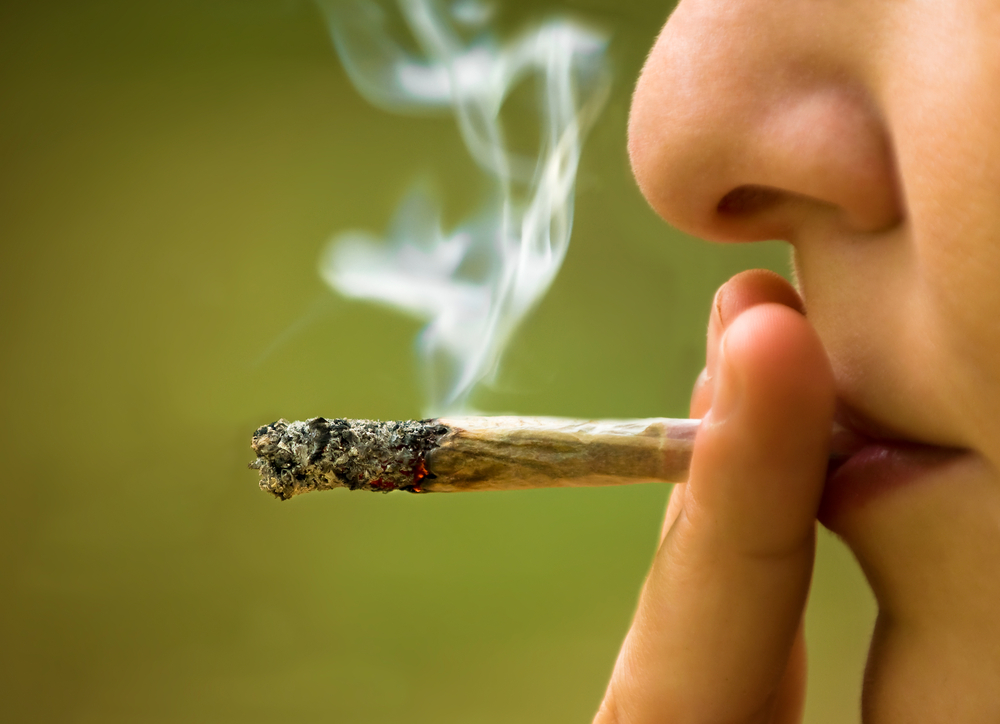
Detection Time for Smoking vs. Eating Cannabis
There’s no difference in how THC is absorbed whether it’s consumed or smoked; you’ll still have the same amount of THC in your system. However, because of the way the body processes edibles, THC levels might be detected for a longer period of time in a drug test when ingesting cannabis in food form.
When you inhale marijuana, THC is processed and metabolized quickly, so the THC level drops immediately after the high wears off. Edibles require more time to process and metabolize, therefore they remain in the body for a longer period of time. Casual users who eat THC may be able to eliminate it from their systems in one to two weeks, depending on how much THC it contains. Habitual users, however, may have THC in their system for as long as a month.
Typically, regardless of the way in which it is used, marijuana is detectable in various drug tests for the following amounts of time:
- Blood test – 3 to 4 days
- Saliva test – 1 to 3 days
- Urine test – 3 to 30 days
- Hair test – up to 90 days
As mentioned previously, these time frames are dependent on body fat percentage, metabolism, and the amount/frequency in which marijuana is used.
Types of Drug Tests
THC, one of the cannabinoids produced by marijuana plants, is detected in samples of urine and other bodily fluids as part of a marijuana testing process. Testing methods for marijuana use are conducted on samples of a person’s blood, spit, or hair as well as on urine.
Marijuana testing may be used in a variety of situations, including employment screening and medical testing. Marijuana testing is often combined with other substances on a broader substance test panel, such as a 10-panel drug test.
Saliva Test
The saliva drug test is the least intrusive type of drug screening. No needle jabs or urinating in a cup are required. A swab stick with a sponge or absorbent pad at one end is used to swipe the inner lining of the cheek to collect oral fluid. The sample is then analyzed for traces of substances either on-site or in a laboratory. The general window of detection for oral fluids is 5 to 48 hours, but it may take longer for people who use a substance frequently or for a long time.
Urine Test
Urine drug testing, commonly known as urinalysis, detects recent drug use. Your body flushes out chemicals from drugs by excreting urine. A urinalysis may detect a wide range of substances based on a urine sample. The length of time that drugs remain detectable in urine varies depending on the drug in question. THC, the active component in marijuana, can stay in the urine for up to 90 days or more in heavy users.
Blood Test
Blood testing gives a snapshot of the current usage. It is frequently used at accident sites to determine if those involved were under the influence of drugs or alcohol.. Drugs are detected in blood samples as soon as 12 to 24 hours after ingestion, but the time frame could be longer depending on a variety of factors, including the amount of a substance and the frequency with which it is taken. A blood sample is acquired from the subject via fingerstick, from a vein in the arm, or, in some cases, from the back of the hand. The sample is then sent to the lab for analysis.
Hair Test
A hair follicle drug test can tell if you’ve been using drugs in the last 90 days, rather than just the last few days, as with a urine drug test. A hair drug test, also known as a hair follicle drug test, detects whether you’ve been using illicit drugs or misusing prescription drugs. A hair sample is collected from your head and tested for drug use over the previous 90 days. This sample is then analyzed for drug use.
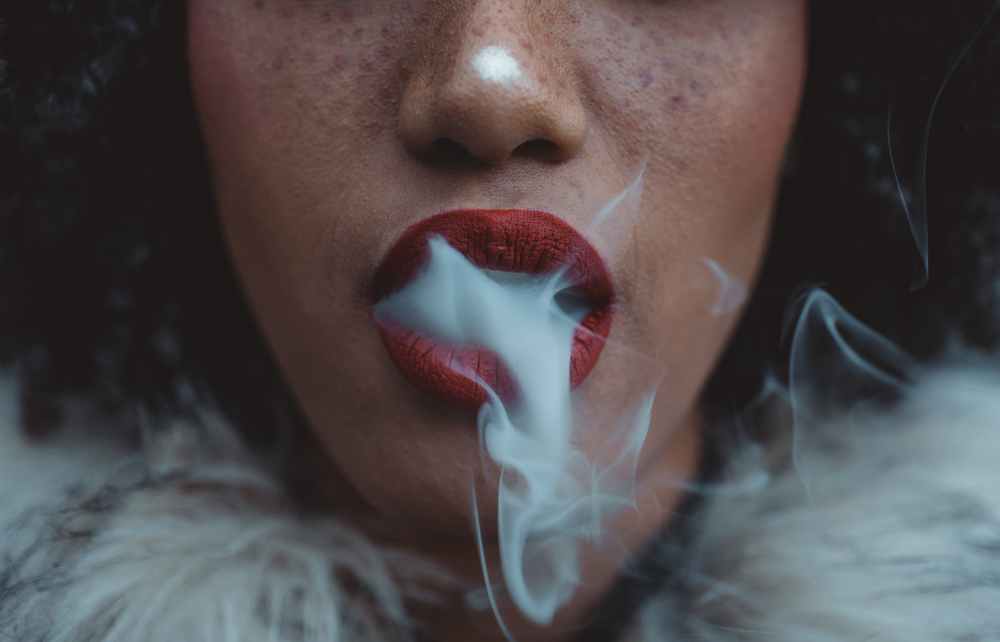
What Could Cause a False Positive?
A screening that gives a person a false positive result detects the presence of a substance that is not really present in the person’s body. Testing methods have improved over the years, resulting in fewer false positive outcomes. Although these outcomes are not common, they are still reasonably possible today. The following are possible causes of a false positive in a marijuana screening:
- Secondhand smoke – It’s possible to detect THC if someone has been exposed to a lot of marijuana before taking a urine drug test, but modern tests are unlikely to give positive results from secondhand smoke.
- CBD – Despite Cannabidiol (CBD) not making people high, large amounts of consumption may result in a positive urine test for THC.
- Prescription and over-the-counter medicines – Although extremely rare, Ibuprofen and naproxen, two anti-inflammatory drugs, have produced false positives for THC, as have esomeprazole, omeprazole, and pantoprazole, which are proton pump inhibitors for acid reflux. Efavirenz, an HIV drug, has also caused false positive THC tests.
Detoxing from Cannabis Addiction: What You Should Know
Heavy or long-term Marijuana use may increase a person’s risk of withdrawal when quitting. While withdrawal from Marijuana is much safer than heroin or cocaine withdrawal, many users experience withdrawal symptoms when they stop using it. Some marijuana users have likened their experience quitting caffeine to feeling edgy, irritable, and generally “off,” with occasional headaches and nausea.
The symptoms of marijuana withdrawal vary from person to person. Those with mild Marijuana dependencies may be able to stop on their own, but chronic users who have developed a tolerance might need more assistance breaking their habit. It all depends on the individual, the frequency, and the potency of the marijuana they’re consuming.
Those who have co-occurring disorders, such as a mental health condition or an addiction to other drugs, should receive medical supervision for their withdrawal from marijuana. Withdrawal from marijuana can be uncomfortable, especially in chronic users. Other substances, such as Benzodiazepines or alcohol, can exacerbate the symptoms a person experiences when withdrawing from marijuana.
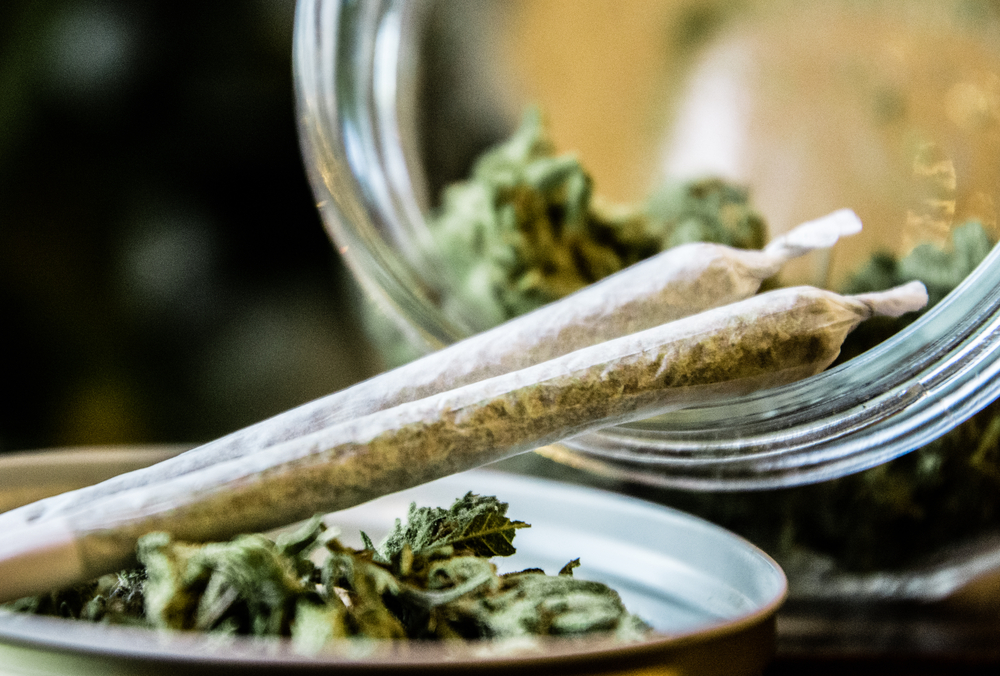
Individuals with a psychological dependence on Marijuana are advised to receive additional assistance after detoxing with the assistance of medical professionals. Those with mild marijuana addictions should seek treatment in an outpatient program where they may remain at home while receiving treatment in a treatment facility. Those with more severe addictions are advised to seek treatment in an inpatient program. Inpatient treatment provides comprehensive care in a structured environment, allowing individuals to focus exclusively on their treatment and recovery.
If you or a loved one is struggling with marijuana dependence or addiction, we would like to help. Our multidisciplinary staff at Durable Recovery provides comprehensive addiction care with treatment plans completely tailored to each client’s wants and needs. To learn more about the many ways we can help, contact us today. You are not alone.


